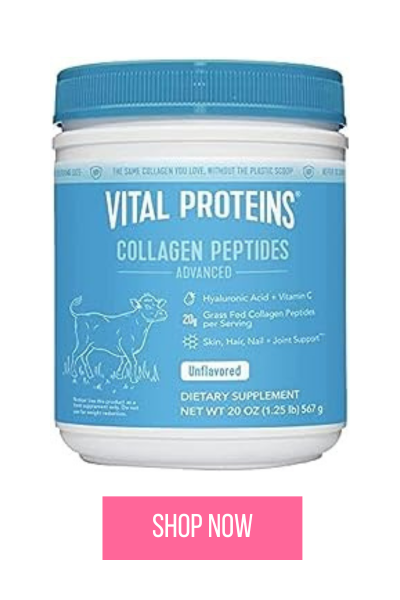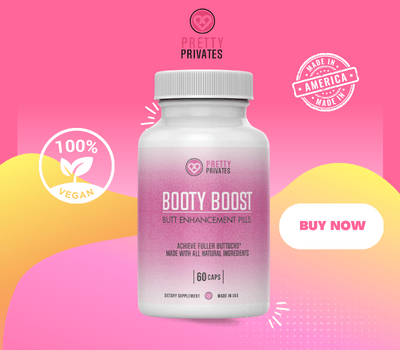The Beauty of Collagen: Is It Worth Adding to Your Routine?

In the world of health and wellness, collagen has gained significant attention in recent years. You’ve probably seen it advertised in various forms, from supplements and powders to skincare products and even beverages.
But what exactly is collagen, and should you consider incorporating it into your daily routine? In this blog post, we’ll explore the fascinating world of collagen, its benefits, and whether or not you should be taking it.
What Is Collagen?
Collagen is the most abundant protein in the human body, accounting for about one-third of our total protein composition. It is often described as the “glue” that holds our body together because it provides structural support to various tissues, including skin, bones, tendons, ligaments, and muscles.
Collagen is made up of amino acids, particularly glycine, proline, and hydroxyproline, which play crucial roles in maintaining the health of our connective tissues. As we age, our body’s natural collagen production begins to decline, which can lead to various signs of aging, such as wrinkles, joint pain, and decreased skin elasticity.
Types of Collagen
There are several types of collagen found in the human body, with Type I, Type II, and Type III being the most common:
Type I Collagen: This type is abundant in the skin, tendons, ligaments, bones, and organs. It provides tensile strength and support to these structures.
Type II Collagen: Found in cartilage, this type of collagen is crucial for joint health and flexibility.
Type III Collagen: Often found in skin, blood vessels, and other tissues, Type III collagen contributes to skin elasticity and the overall structure of organs.
Should You Be Taking Collagen?
Now that we have a basic understanding of collagen, let’s explore whether or not you should consider taking collagen supplements or incorporating collagen-rich foods into your diet.
Here are some benefits of taking Collagen:
- Skin Health: Collagen supplements may improve skin hydration, elasticity, and reduce the appearance of wrinkles, fine lines, and sagging skin.
- Joint Health: Type II collagen supplements have been shown to alleviate joint pain and support overall joint function, making them beneficial for individuals with conditions like osteoarthritis.
- Hair and Nail Health: Collagen may promote hair and nail growth and reduce brittleness.
- Gut Health: Collagen can help strengthen the gut lining, potentially improving digestion and reducing symptoms of conditions like leaky gut syndrome.
- Muscle Mass: Collagen supplements may help maintain and increase muscle mass, especially in combination with resistance training.
- Bone Health: Collagen is a component of bone matrix, and some studies suggest it may contribute to bone density and strength.
- Wound Healing: Collagen may accelerate wound healing and tissue repair.
It’s important to note that while collagen supplements offer potential benefits, individual results can vary. Furthermore, a balanced diet rich in collagen-containing foods, such as bone broth, fish, and lean meats, can also contribute to your collagen intake.
Consult a Healthcare Professional
Before adding collagen supplements to your routine, it’s essential to consult with a healthcare professional, especially if you have underlying health conditions or allergies. They can provide personalized guidance and ensure that collagen supplementation is safe and suitable for you.
Collagen is a vital protein that plays a crucial role in maintaining the health and integrity of various tissues in the body. While collagen supplements offer potential benefits for skin, joints, and overall health, it’s essential to approach them with caution and consult a healthcare professional before starting any supplementation regimen.
Make sure to focus on a balanced diet that includes collagen-rich foods can also help support your body’s collagen needs. Ultimately, whether or not you should be taking collagen depends on your individual health goals and needs.
Now that you know this…. You decide!
Share:
Social Media
Most Popular
Subscribe To Our Weekly Newsletter
No spam, notifications only about new post, updates.
Categories
Related Posts

Homestyle Chicken and Dumplings
Enjoy cozy comfort food with this Homestyle Chicken and Dumplings recipe. Packed with tender chicken, veggies, and fluffy dumplings in a savory broth—perfect for family dinners and cold nights.

The Power of Saying No: Boundaries as a Form of Self-Care for Women
Learn how setting boundaries and saying no is a powerful act of self-care for women. Discover how to protect your energy, honor your needs, and build confidence through boundary-setting.

Caprese Panini with Pesto
Enjoy a gourmet twist on a classic Italian favorite with this Caprese Panini with Pesto. Perfectly grilled sourdough, fresh mozzarella, tomatoes, and basil pesto make it an easy, healthy vegetarian lunch idea.

Breaking the Stigma: Talking Openly About Depression and Therapy as a Woman
Learn why breaking the stigma around depression and therapy is essential for women. Discover how to talk openly about mental health and seek support without shame.


